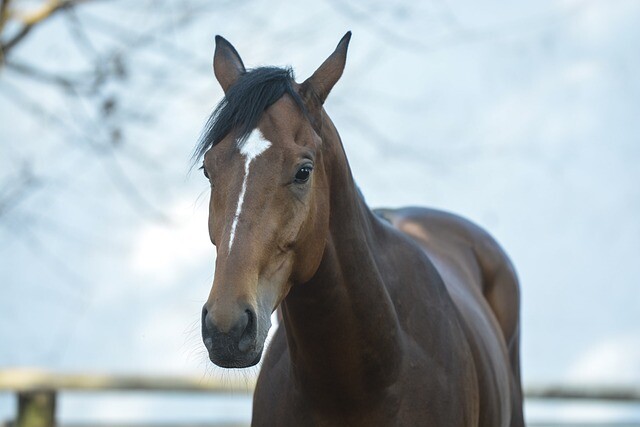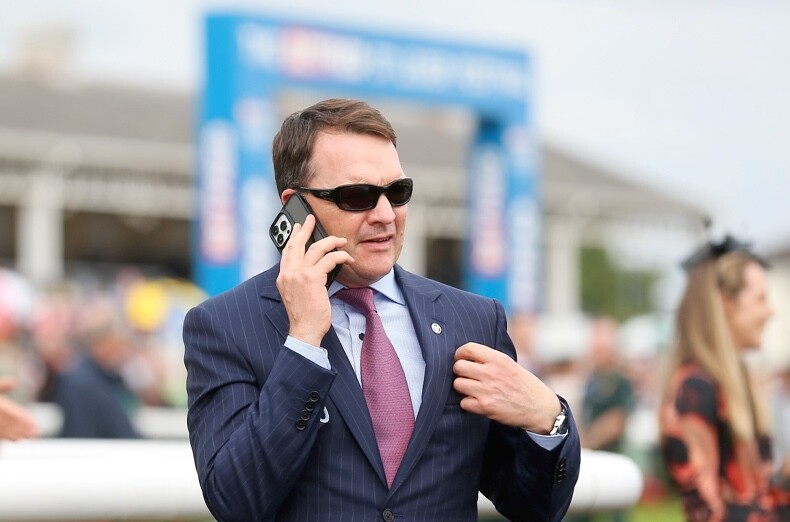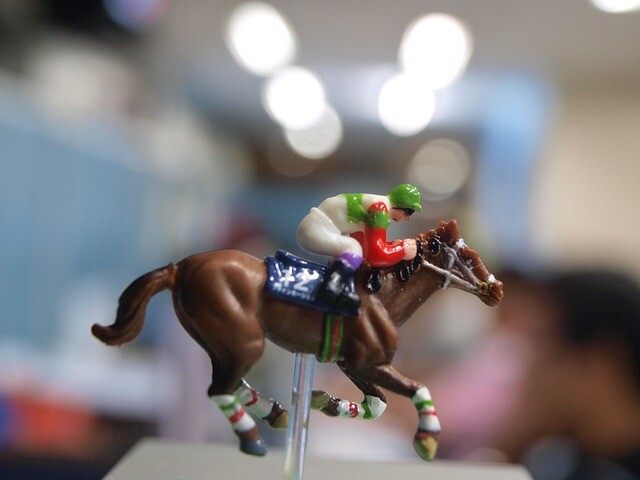Why did Sheikh Adbdullah Almalek Alsabah remove his horses from George Boughey?
 For readers unfamiliar with the name, Sheikh Adbdullah Almalek Alsabah is a former champion owner in his native Kuwait, where he is a member of the ruling family, and has invested increasingly heavily in British bloodstock over the last decade or so. He has, or has had, horses in training with numerous trainers throughout the country, including David O’Meara, Richard Fahey, Kevin Philippart De Foy, Richard Hannon and, until recently, George Boughey. Boughey, on the other hand, is a Classic winning trainer based at Saffron House Stables in Newmarket. He set up on his own, at the age of 27, in 2019, having spent six years as assistant trainer to Hugo Palmer at nearby Kremlin Cottage Stables and, with already over 300 winners to his name, is considered one of the rising stars of the sport.
For readers unfamiliar with the name, Sheikh Adbdullah Almalek Alsabah is a former champion owner in his native Kuwait, where he is a member of the ruling family, and has invested increasingly heavily in British bloodstock over the last decade or so. He has, or has had, horses in training with numerous trainers throughout the country, including David O’Meara, Richard Fahey, Kevin Philippart De Foy, Richard Hannon and, until recently, George Boughey. Boughey, on the other hand, is a Classic winning trainer based at Saffron House Stables in Newmarket. He set up on his own, at the age of 27, in 2019, having spent six years as assistant trainer to Hugo Palmer at nearby Kremlin Cottage Stables and, with already over 300 winners to his name, is considered one of the rising stars of the sport.
On June 28, 2023, four days after Royal Ascot, it was reported that Sheikh Adbdullah had removed all his horses from Saffron House Stables, citing a breakdown in communication between himself and Boughey before, and during, the Royal meeting. He told the ‘Racing Post’, ‘I spend millions of pounds on horses every year and if I lose, I’m not angry or upset, but it’s very important there is openness between the owner and trainer.’
His principle cause for complaint was the participation of his promising two-year-old Asadna, who was sent off 7/2 favourite for the Group 2 Coventry Stakes, but could finish only ninth, beaten six lengths by the winner, River Tiber. Asadna suffered a cut to his shoulder on the previous Friday morning but, according to Boughey, ‘…did not miss a day of work and was at no point lame.’ Sheikh Abdullah, though, was insistent that he ‘told him [Boughey] not to run [Asadna].’ His frustration was compounded when his intended runners in the Palace of Holyrood Stakes and the Commonwealth Cup, Dark Alert and Al Dasim, were withdrawn, late in the day, on veterinary advice.

 Established on Cantley Common, Doncaster in 1776, at the suggestion of Lieutenant Colonel Anthony St. Leger, whose name it bears, the St. Leger Stakes is the oldest of the five British Classics. Of course, it is worth remembering that until 1966 the Jockey Club refused to issue training licences to women but, even so, in over half a century since womankind was officially recognised by the governing body, just one member of the ‘fair sex’ has saddled the winner of the St. Leger.
Established on Cantley Common, Doncaster in 1776, at the suggestion of Lieutenant Colonel Anthony St. Leger, whose name it bears, the St. Leger Stakes is the oldest of the five British Classics. Of course, it is worth remembering that until 1966 the Jockey Club refused to issue training licences to women but, even so, in over half a century since womankind was officially recognised by the governing body, just one member of the ‘fair sex’ has saddled the winner of the St. Leger. To readers of a certain age, the late Vincent O’Brien requires little or no introduction. He was, quite simply, one of the greatest, if not the greatest, racehorse trainers of all time. Like his namesake, and successor at the now famous Ballydoyle Stables in Co. Tipperary, Aidan O’Brien, Vincent O’Brien began his training career in the sphere of National Hunt racing.
To readers of a certain age, the late Vincent O’Brien requires little or no introduction. He was, quite simply, one of the greatest, if not the greatest, racehorse trainers of all time. Like his namesake, and successor at the now famous Ballydoyle Stables in Co. Tipperary, Aidan O’Brien, Vincent O’Brien began his training career in the sphere of National Hunt racing.